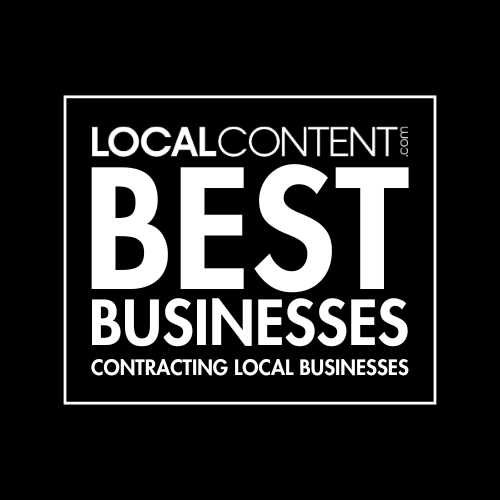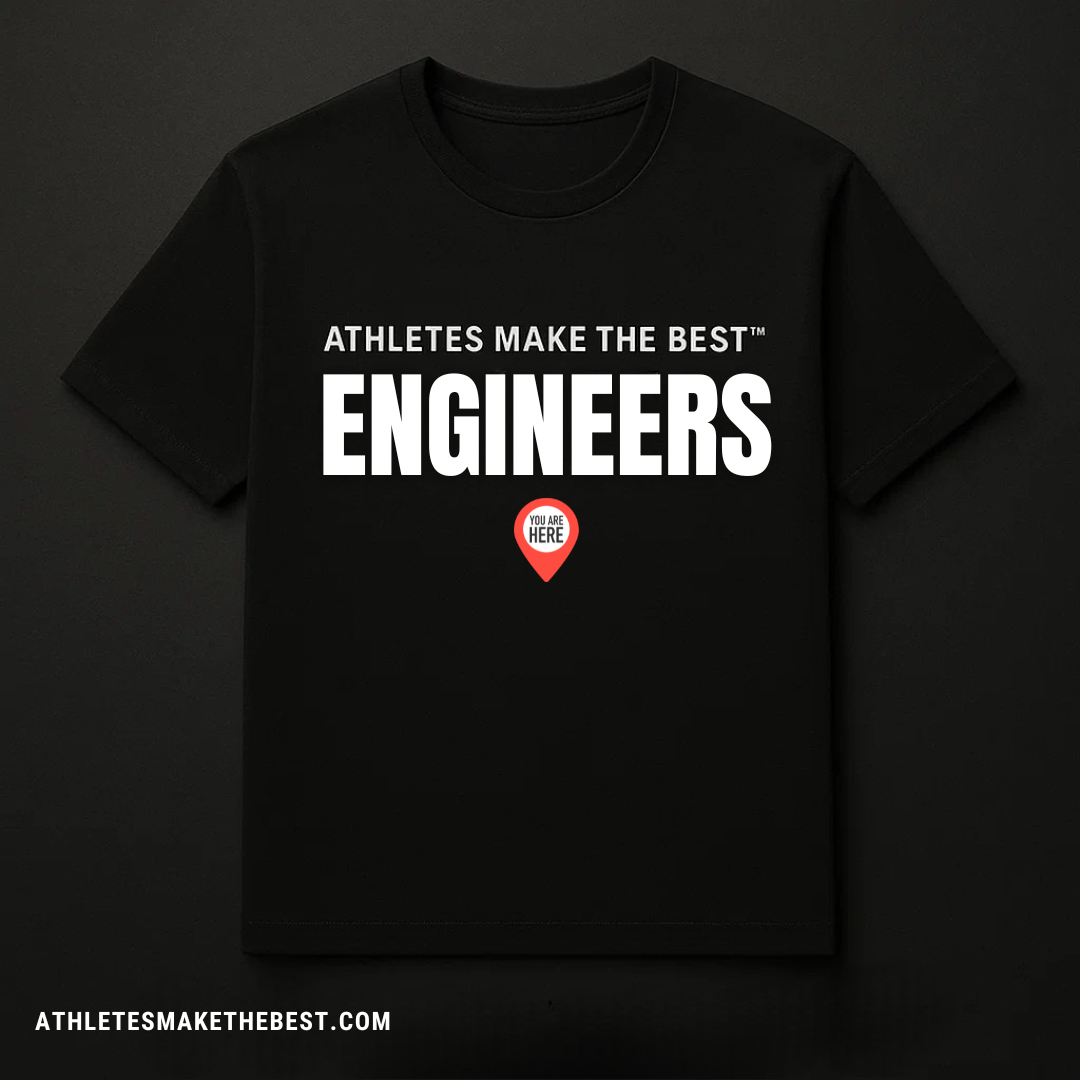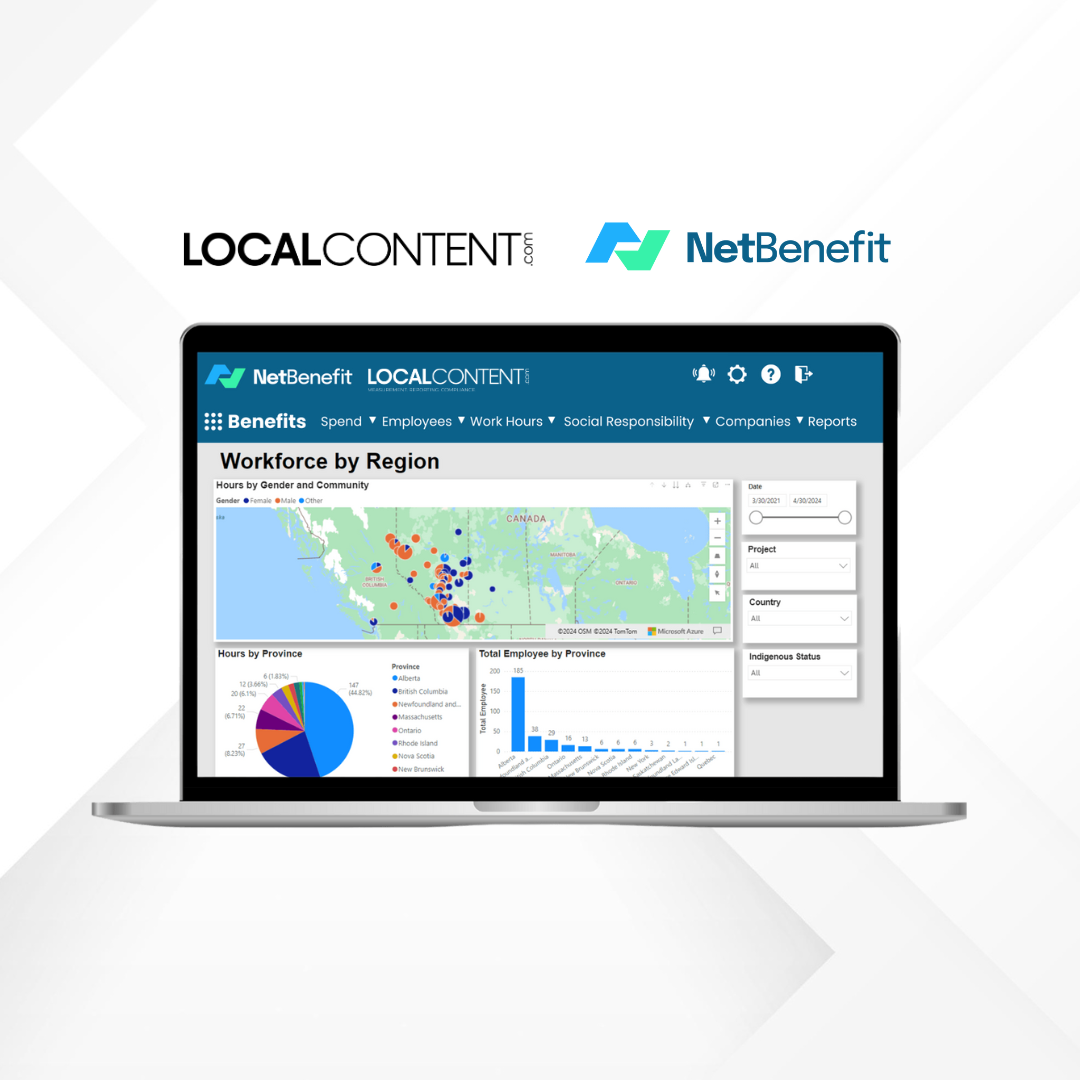Merit, Excellence, and Intelligence (MEI) is a framework that emphasizes the principles of achievement, quality, and strategic thinking across various fields. Merit represents the recognition of skills, effort, and accomplishments based on objective criteria. Excellence reflects the pursuit of high standards, continuous improvement, and outstanding performance. Intelligence encompasses analytical ability, problem-solving, and adaptability in decision-making. Together, MEI serves as a guiding philosophy for individuals, organizations, and institutions striving for success through competence, innovation, and ethical leadership. It is applied in education, business, and governance to foster accountability, fairness, and sustainable progress in competitive and dynamic environments.
Create an account
Welcome! Register for an account
A password will be e-mailed to you.
Password recovery
Recover your password
A password will be e-mailed to you.









